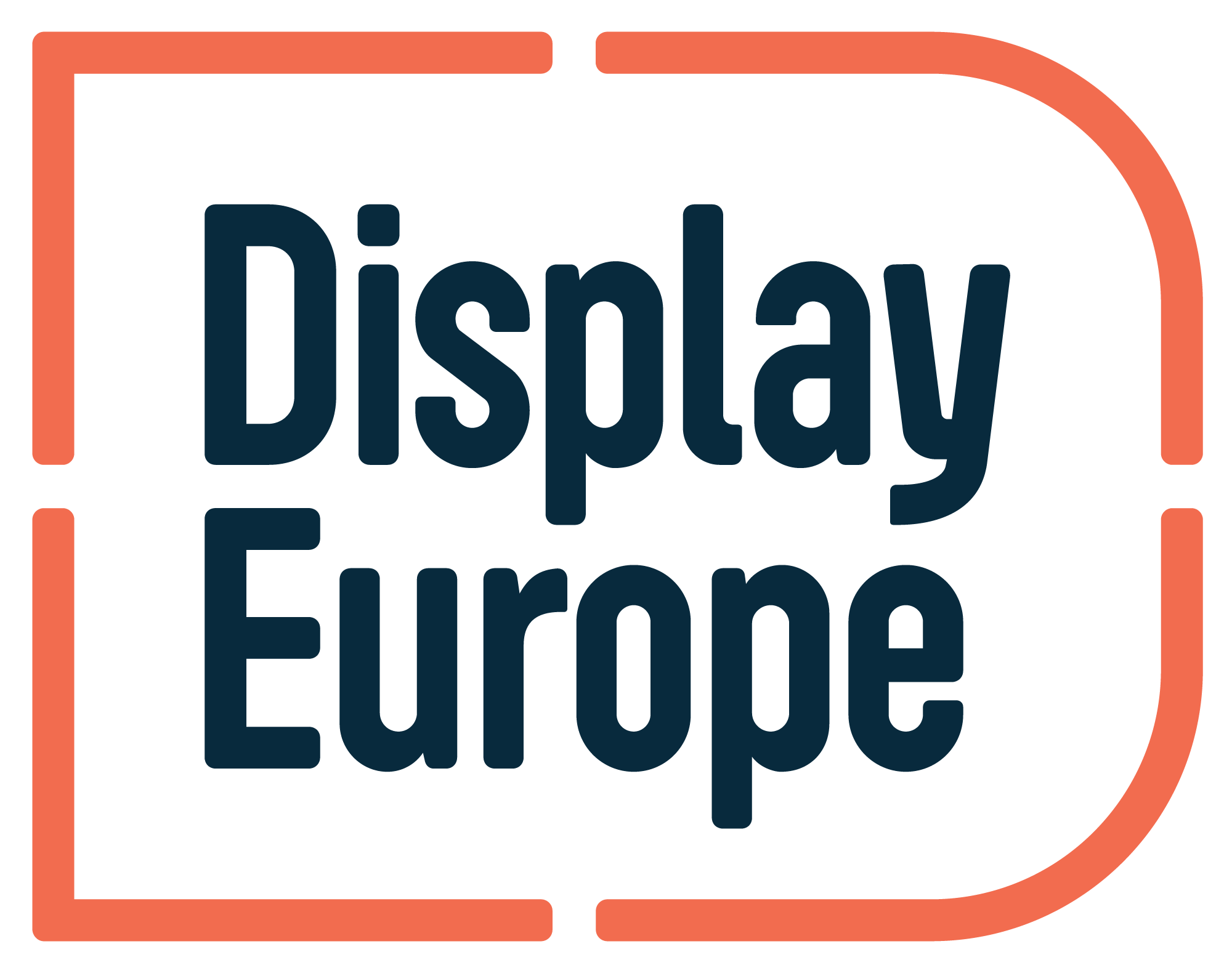City air makes one free. It also has dire consequences for our health and can inflict a wide range of diseases, including asthma and lung cancer. In 2019, polluted air led to 175,702 years lived with disability (YLDs) due to chronic obstructive pulmonary diseases in 30 European countries. The fine particulate matter resulted in 238,000 premature deaths. Urban traffic and energy consumption contribute vastly to climate change, and most of our infrastructures are not prepared to deal with the adverse effects of the climate crisis.
There’s a lot of talk about car-centered cities, and how traffic needs to move away from individual vehicles toward greener options. With this discourse only just beginning to bud, the backlash is already in full force: populists are accusing environmentalists of hunting down drivers as if it were a matter of life or death. This topic is so charged because owning a car is not only a means to get from point A to point B, but it is a status symbol, a glaring emblem of class.
Owning a car creates a form of entitlement to space, a privilege many are bereft of. However, access to a vehicle has been a class marker for a very long time and did not start with the invention of the combustion engine. In the novels of Honoré de Balzac, up-and-coming heroes have to develop entire schemes to keep their shoes clean – to avoid betraying themselves in high society, since they cannot afford a carriage.
Across much of 20th-century Europe, traffic and commerce were considered of utmost importance in city planning. Infrastructure was developed to support individual drivers, often at the expense of public transport and communal spaces. Many are calling for a change.
Green Urbanism envisions urban planning with communities and the environment at the heart of city design. It’s about reclaiming urban spaces for the people who live in them, promising to make these spaces livable not just for pedestrians, but for drivers too. European cities have been crawling towards this ethos for decades, intertwining greenery with architecture, and promoting public transport, cycle lanes, and walker-friendly spaces.
Architects, scholars, activists, and artists work on reimagining buildings as living, breathing entities that contribute to the urban ecosystem. It affects housing, traffic, work, as well as care, fun, and community.
However, the road to Green Urbanism is not without its bumps. Financial constraints, legal entanglements, and public awareness, or the lack thereof, pose significant hurdles. But the prize is worth the pursuit. Cleaner air, clearer waters, and a cohesive community are treasures that promise a richer urban life.
Today’s guests
Jessica Furseth is a freelance journalist from London who explores the city scene, uncovering the unique and captivating aspects of urban life.
Adél Csűrök is a representative of the NGO From Streets to Homes, providing the Housing First method in Hungary.
Lina Mosshammer is the Co-Founder & CEO of Punkt vor Strich and a Policy Officer at Verkehrsclub Österreich. She’s spearheading initiatives in mobility solutions, striving for a gender-sensitive and sustainable approach to urban transportation.
We meet with them at the Bikes and Rails Housing Project in Vienna.
Creative team
Réka Kinga Papp, editor-in-chief
Merve Akyel, art director
Szilvia Pintér, producer
Zsófia Gabriella Papp, executive producer
Margarita Lechner, writer-editor
Salma Shaka, writer-editor
Priyanka Hutschenreiter, project assistant
Management
Hermann Riessner managing director
Judit Csikós project manager
Csilla Nagyné Kardos, office administration
OKTO Crew
Senad Hergić producer
Leah Hochedlinger video recording
Marlena Stolze video recording
Clemens Schmiedbauer video recording
Richard Brusek sound recording
Postproduction
Nóra Ruszkai, lead video editor
István Nagy, video editor
Milán Golovics, conversation editor
Art
Victor Maria Lima, animation
Cornelia Frischauf, theme music
Captions and subtitles
Julia Sobota closed captions, Polish and French subtitles; language versions management
Farah Ayyash Arabic subtitles
Mia Belén Soriano Spanish subtitles
Marta Ferdebar Croatian subtitles
Lídia Nádori German subtitles
Katalin Szlukovényi Hungarian subtitles
Daniela Univazo German subtitles
Olena Yermakova Ukrainian subtitles
Aida Yermekbayeva Russian subtitles
Mars Zaslavsky Italian subtitles
Hosted by the Bikes and Rails Housing Project, Vienna.
Source
Report: Health impacts of air pollution in Europe, 2022 by European Environment Agency.
Disclosure
This talk show is a Display Europe production: a ground-breaking media platform anchored in public values.
This programme is co-funded by the Creative Europe Programme of the European Union and the European Cultural Foundation.
Importantly, the views and opinions expressed here are those of the authors and speakers only and do not necessarily reflect those of the European Union or the European Education and Culture Executive Agency (EACEA). Neither the European Union nor the EACEA can be held responsible for them.





